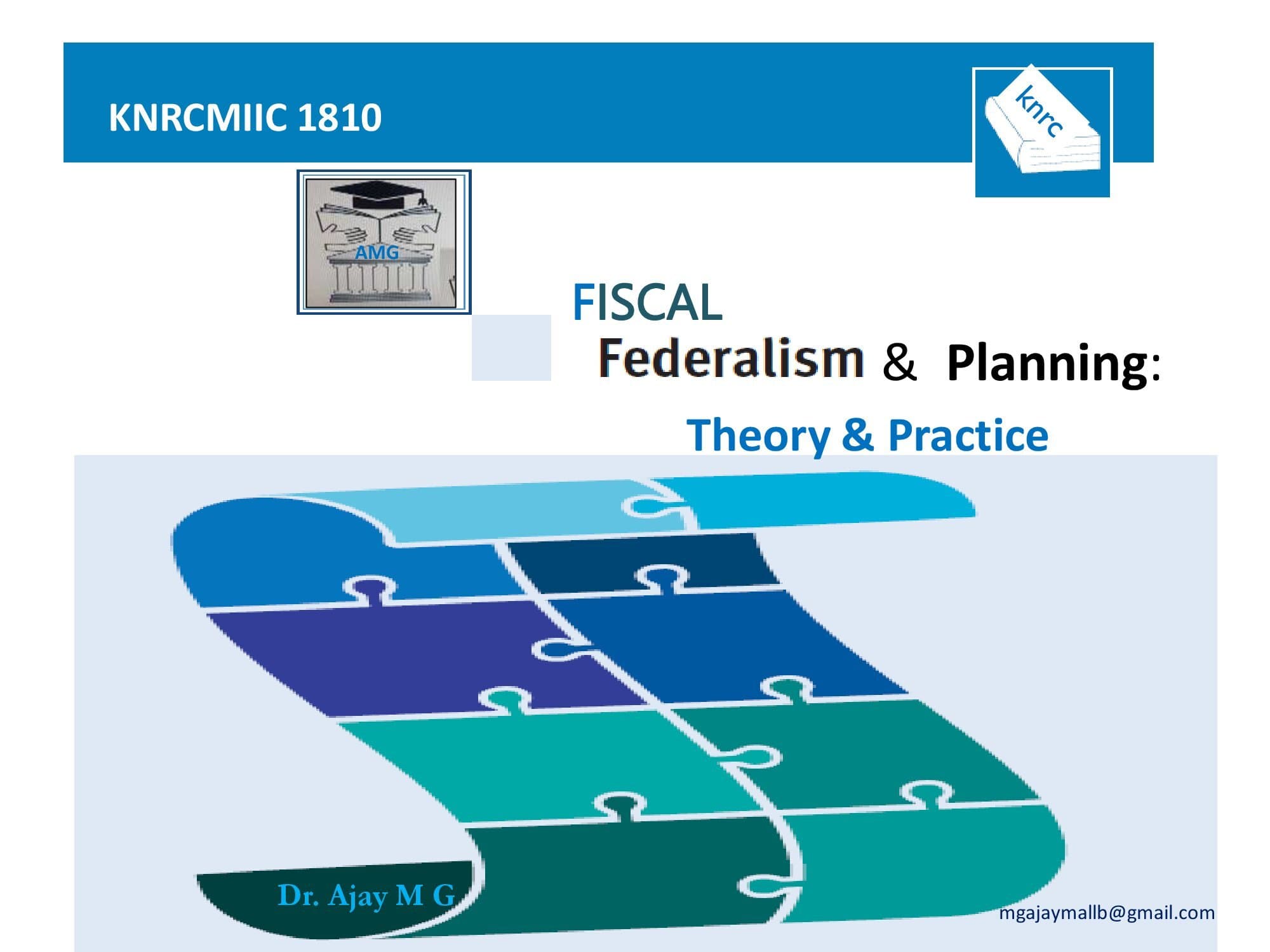
- Teacher: Dr. Johney Johnson .
KNRCMPC08- RESEARCH METHODOLOGY FOR ECONOMICS (4 Credits & 75 Hours)
Course Objectives: Many of the students at post-graduate level intend to pursue research degree programmes after completion of their Masters' degree in Economics. The proposed course will be an effort to develop such an aptitude among them. The objective of the course is to equip the learners with the research methods, which are applied in undertaking the research projects/programmes in Economics. This course will introduce and familiarize the students the 28 issues and perspectives of research methodology, research design, tools of data analysis and database of the Indian economy.
Module-1 (15 Hours) Meaning and definition of research-- classification of research (pure, applied, exploratory, descriptive, historical, diagnostic, experimental, qualitative, quantitative) -- importance, applications and limitations of social science research-- interdisciplinary and trans-disciplinary approaches-- Statistics and information---communication technology in research--Basic elements of the scientific method-- theory and research-- the meaning of methodology.
Module-2 (15 Hours) An overview of the different steps in research process--selection of the topic and formulation of the research problem in Economics with illustrations-- review of literature-- Research design, features of a good design--different research designs for exploratory, descriptive, diagnostic and experimental research .
Module-3 (15 Hours) Sample design--probability and non probability sampling--complex random sampling designsMethods of collecting primary data-- questionnaire and schedules-- sources of secondary data on Indian economy-- case study method- -processing of data- Descriptive measures.
Module-4 (20 Hours) Meaning, assumptions and limitations of simple correlation and regression analysis; Pearson’s product movement and Spearman’s rank correlation coefficients and their properties; Concept of the least squares and lines of regression; Standard error of estimate.Analysis of Variance (one way and two way).
Module-5 (15 Hours) Presentation Interpretation and report writing- steps- bibliography- quality of a good research report-- methods of footnotes and referencing.
Selected Text Books 1. William J Goode and Paul K Hatt (1981): Methods in social Research, McGraw- Hill
2. Wilkinson and Bhandarkar (2002): Methodology and Techniques of Social Research, Himalaya
3. Marc Blaug, ( ) the Methodology of Economics, or How Economics Explain, Cambridge University
4. C. R. Kothari (2004): Research Methodology, Methods and Techniques, New Age International
5. W. Lawrence Neuman (2006): Social Research Methods, Quantitative and Qualitative Approaches, Pearson
6. Laxmi Devi (1997): Encyclopedia of Social Science Research, Anmol Publications, New Delhi.
7 Pauline V Young ( ): Scientific Social Surveys and Research, Prentice Hall India , New Delhi 8 Modern Language (2009): The MLA Handbook for Writers of Association of America, Research Papers
9 P.S Mohanakumar (1998, ed.): A Handbook on Research Methodology. Right Publishers, Kudavechoor.
10. W.G. Cochran, Sampling Techniques, John Wiley, New York, 1963. Applications

- Teacher: Dr. Johney Johnson .
- Teacher: Smt. Asha T A
India has a complex system of intergovernmental fiscal relations. This complexity has its roots in a number of factors including substantial ethnic, social and economic disparities among regions as well as the long -standing vertical imbalance between the expenditure and revenue-raising responsibilities of the state governments. Likening fiscal federalism to a game between the Union and the States, and among the States themselves, Indian Fiscal Federalism lays bare the complex rules of play.The course is an introduction of the Fiscal Federalism of India in historical and global perspective. The contents of the course are structured to a contemporary, timely, and comprehensive analysis of fiscal federalism in India
Basic concepts, motives,
rationales, resurgence and comparison of federalism in different countries are handled
in the first module of this course. Evolution of theories of fiscal federalism
and issues of intergovernmental transfers, the assignment of expenditure and revenue
responsibilities is sketched in the next module. The centre- state financial relations in India
are familiarized in the third module so that the students will be able to
appreciate constitutional provisions and
various committee recommendations on Intergovernmental Transfers and
Revenue-Sharing in India Before introducing the practice of Intergovernmental Transfers and Grants Design
in Post Independent India to the students, they get facility to understand Institutional
Reforms and Fiscal Federalism in India-Termination
of Planning Commission so that they could be able to understand contemporary
challenges and issues before the present Finance Commission and NITI- AAYOG in
a better way. This is the concern of the fourth module. Evolution of GST in India and Comparative
study of selected countries GST are contained in the last module.
.

- Teacher: Dr. Johney Johnson .
- Teacher: Dr.Ajay M G
the glossary of international trade is sent in your teams class.
- Teacher: Dr. Johney Johnson .
- Teacher: Dr. Mathew Kurian V
- Teacher: Dr. Johney Johnson .
- Teacher: Dr.Jose J Naduthotty
- Teacher: Dr. Johney Johnson .
- Teacher: Dr. Muraleedharan S.
- Teacher: Dr. Johney Johnson .
- Teacher: Faseela Ismail .